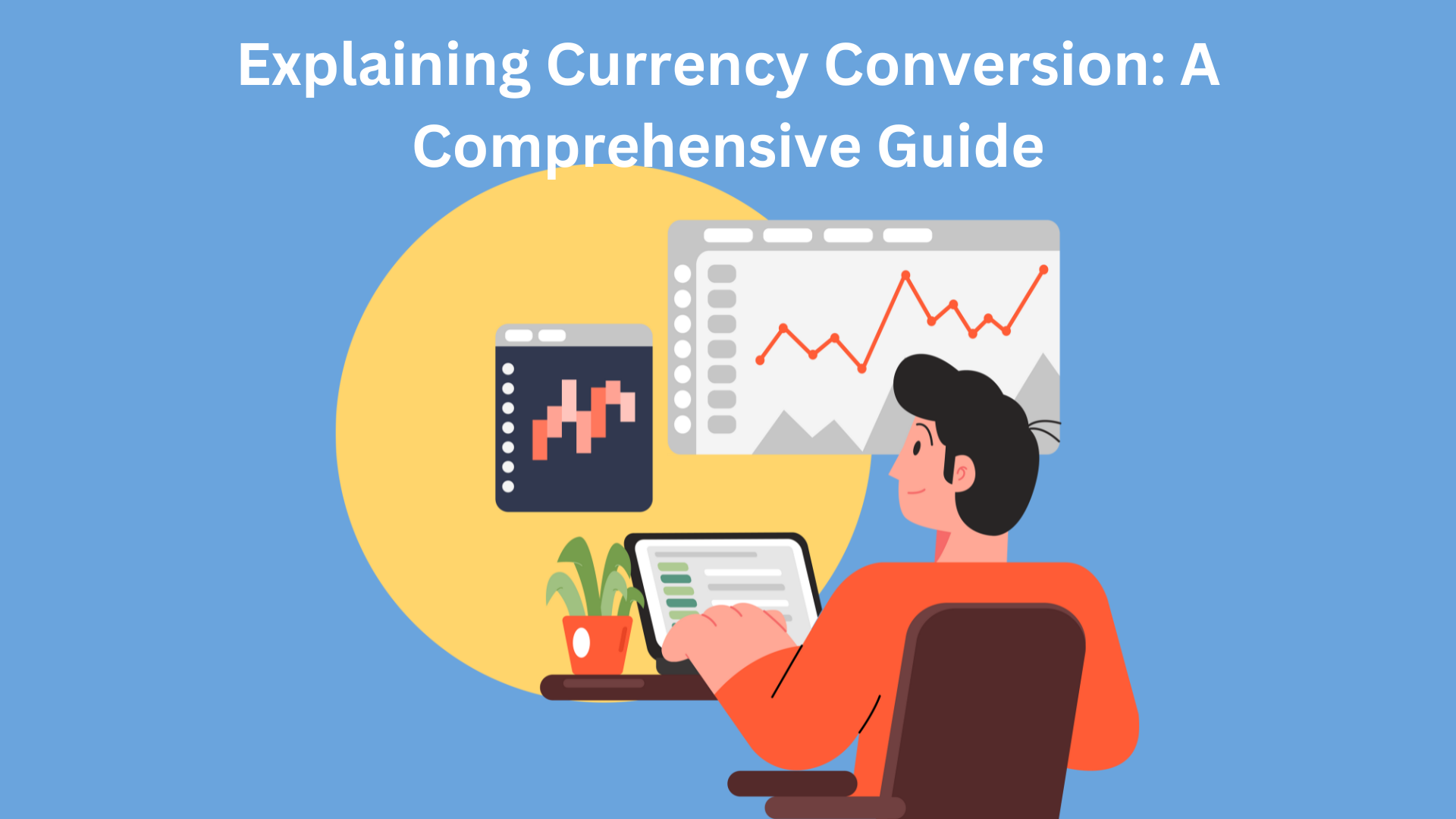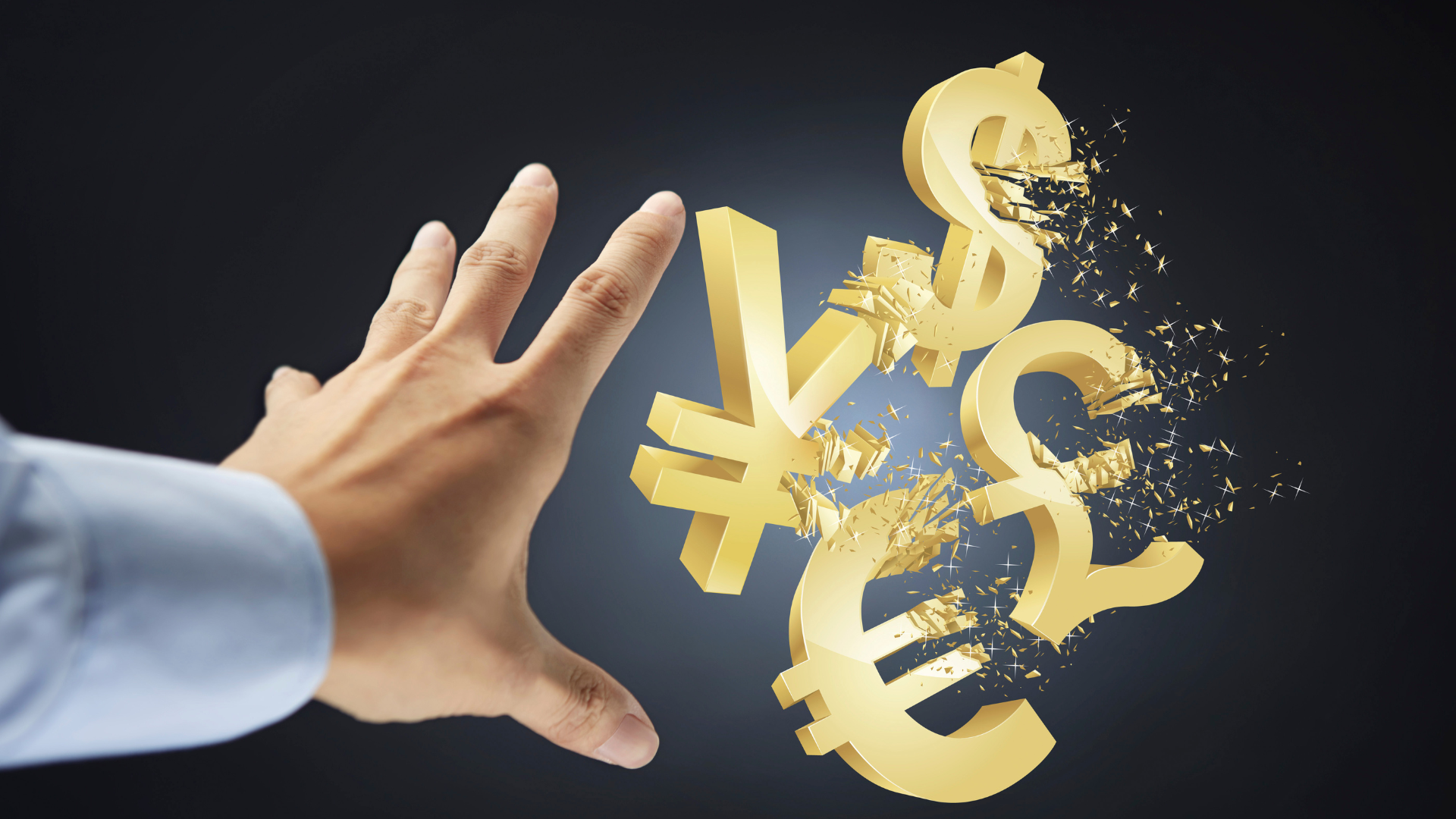Explaining Currency Conversion: A Comprehensive Guide
In the global economy, currency conversion plays a crucial role in facilitating international trade and finance. Developers and businesses need to understand how currency conversion works, its methods, and tools available for accurate and efficient conversion. This guide will provide a comprehensive overview of currency conversion, its importance, and practical applications.

What is Currency Conversion?
Currency conversion is the process of converting one currency into another to determine its equivalent value. It involves calculating the exchange rate between two currencies, which represents the value of one currency in terms of another. Exchange rates fluctuate based on various factors such as market demand, economic indicators, and geopolitical events.
Why is Currency Conversion Important?
Currency conversion is essential for businesses engaged in international trade, travel, and investment. It allows them to compare prices, assess risks, and manage foreign exchange exposure. For developers, understanding currency conversion is crucial when developing applications that involve financial transactions across different currencies.
Methods of Currency Conversion
1. Fixed Exchange Rates
Explanation: Fixed exchange rates are set and maintained by a government or central bank. They do not fluctuate based on market forces.
Example: The gold standard, where currencies were pegged to a specific amount of gold.
2. Floating Exchange Rates
Explanation: Floating exchange rates are determined by market forces, such as supply and demand.
Example: The US dollar (USD) and Euro (EUR) exchange rate.
3. Managed Float Exchange Rates
Explanation: Managed float exchange rates are a mix of fixed and floating exchange rates, where the central bank intervenes to stabilize the currency.
Example: The Chinese Yuan (CNY) managed by the People's Bank of China.
Tools for Currency Conversion
1. Currency Converters
Description: Online tools or APIs that provide real-time exchange rates and currency conversion services. Example: XE Currency Converter, OANDA Currency Converter API.
2. Financial Platforms
Description: Financial platforms that offer currency conversion services along with other financial tools. Example: PayPal, TransferWise.

Conclusion
Currency conversion is a fundamental aspect of the global economy, impacting businesses and developers alike. Understanding the methods and tools available for currency conversion is essential for making informed decisions and managing financial transactions effectively.
FAQs
Q: How do I calculate currency conversion manually?
A: To calculate currency conversion manually, multiply the amount in one currency by the exchange rate to get the equivalent amount in the other currency.
Q: Can I use currency conversion APIs in my application?
A: Yes, currency conversion APIs provide real-time exchange rates and can be integrated into applications for accurate currency conversion.
Q: Are there any legal restrictions on currency conversion?
A: Some countries have restrictions on currency conversion, such as limits on the amount that can be converted or regulations on the exchange rate.
Q: How often do exchange rates change?
A: Exchange rates can change frequently, sometimes several times a day, depending on market conditions and geopolitical events.
Q: Are there risks associated with currency conversion?
A: Yes, currency conversion involves risks such as exchange rate fluctuations, which can affect the value of transactions and investments.